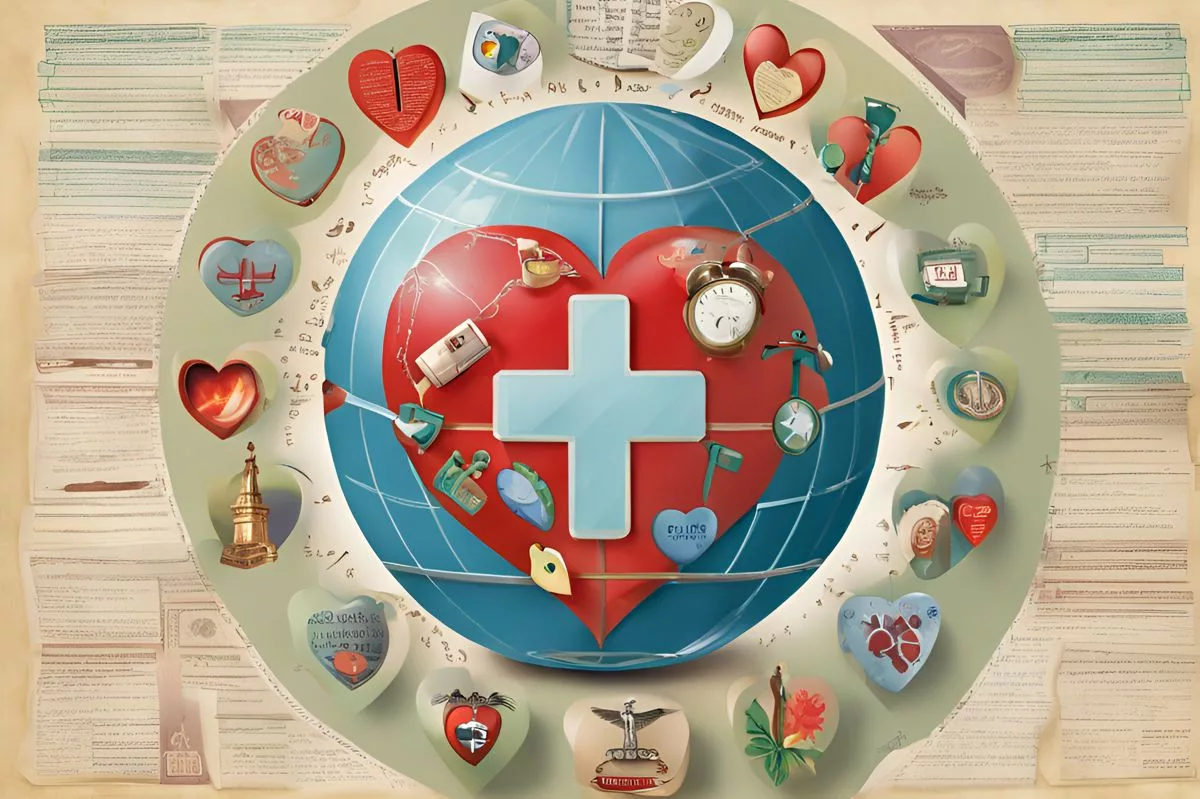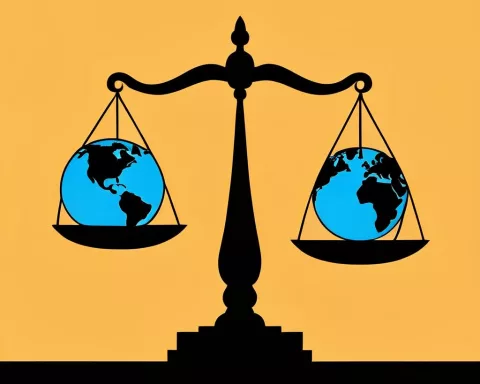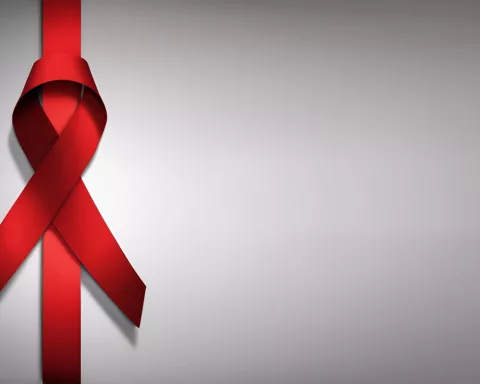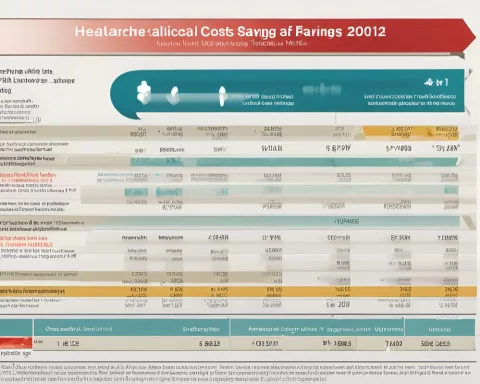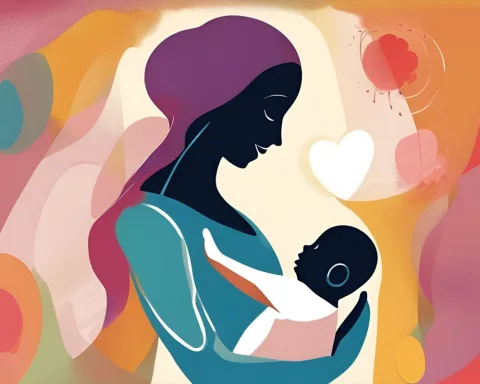President Cyril Ramaphosa passionately called on world leaders to make the health of women, children, and young people a top priority. He highlighted urgent issues like gender-based violence and the need for better access to healthcare, especially as many women suffer in silence. With alarming statistics revealing millions of preventable deaths, Ramaphosa emphasized the importance of cooperation and financial support to improve health outcomes by 2030. His message is clear: investing in maternal and child health is essential for building stronger, healthier communities around the globe.
What is President Cyril Ramaphosa’s call to action for maternal and child health?
President Cyril Ramaphosa urges global leaders to prioritize maternal and child health by enhancing political commitment and financial investment. He highlights the need for coordinated efforts, addressing gender-based violence, and upholding reproductive rights to improve health outcomes for women, children, and adolescents by 2030.
Prioritizing Women’s and Children’s Health
President Cyril Ramaphosa delivered a passionate speech at the Global Leaders Network Event on Maternal and Child Health, emphasizing the urgent need for global political commitment to improve the health of women, children, and adolescents. This event, held during the 79th Session of the UN General Assembly, highlighted the critical actions required to meet the Sustainable Development Goals (SDGs) related to health by 2030.
Ramaphosa’s address reflected the sobering reality that, as the 2030 deadline approaches, progress remains slow. Development investments are dwindling, inequalities persist, and health and economic outcomes are worsening. Women, on average, spend 25 percent more time in poor health compared to men, significantly affecting their productivity and earning potential. In Sub-Saharan Africa, the risk of dying during childbirth is 50 times higher than in Europe. Unsafe terminations of pregnancy result in 35 million injuries and 23,000 deaths each year.
The statistics for child health are equally troubling. In 2022 alone, 4.9 million children under five died from preventable causes. Low- and middle-income countries face severe challenges due to fragile health systems and inequitable access to healthcare. In the same year, 13 percent of adolescent girls and young women globally gave birth before the age of 18, perpetuating poverty and poor health outcomes.
The Decline in Donor Aid and Rising Challenges
Despite the alarming figures, donor aid for reproductive health, maternal, newborn, and child health is decreasing. Many countries struggle to allocate domestic funds to cover essential needs in these areas. The Global Leaders Network seeks to address these persistent issues by providing a platform for leaders to collaborate. Ramaphosa expressed gratitude to leaders such as Prime Minister Mette Frederiksen of Denmark, President William Ruto of Kenya, President Abiy Ahmed of Ethiopia, and President Joseph Boakai of Liberia for joining this vital initiative.
Global organizations like the World Health Organization (WHO), UNICEF, and the United Nations Population Fund (UNFPA) play a crucial role in advancing the Global Leaders Network’s mission. Together, women, children, and adolescents represent over 65 percent of the global population. Addressing their health challenges can significantly impact global health outcomes. The Network advocates for sustained and enhanced financial investment, which can drive national growth and help individuals realize their potential.
Leading health economics institutions suggest that bridging the health gap between men and women could boost the global economy by at least USD 1 trillion annually by 2040. This narrowing of the gap would enable 137 million women to access full-time employment, lifting millions out of poverty. The involvement of international blocs like the G7, G20, and BRICS is essential in ensuring focused investments in women’s, children’s, and adolescent health.
Coordinated Efforts and Key Initiatives
The Lusaka Agenda aims to enhance coordination and accountability in health financing, tracking investments to ensure they meet their targets. In September of the previous year, governments and philanthropies committed to increasing investments in life-saving family planning supplies. These commitments must be upheld to achieve tangible progress.
Addressing gender-based violence and unintended pregnancies is crucial for improving maternal health. The United Nations and the African Union recognize the right to bodily autonomy for girls and women through protocols like Maputo. However, the political discourse surrounding the termination of pregnancy remains contentious. WHO evidence shows that legal and safe abortion services reduce unsafe abortions and related mortality and morbidity.
South Africa serves as a case study demonstrating the positive impact of progressive policies on women’s health. The Choice of Termination of Pregnancy Act of 1996 led to a 90 percent decline in termination of pregnancy-related mortality between 1994 and 2021. Passed through democratic processes despite significant pushback, this act has saved countless lives. Preventing unintended pregnancies, providing comprehensive sexual education, and combating violence against women and girls remain priority interventions. Complementing these efforts with sexual and reproductive health rights saves more lives.
A Call to Global Action
While countries maintain the sovereign right to determine their policies on pregnancy termination, the Global Leaders Network advocates for protecting the rights of vulnerable populations and presenting evidence that demonstrates reduced morbidity and mortality. Ramaphosa’s call to action urges Heads of State and Government to prioritize the health of women, children, and adolescents and join the Global Leaders Network. He calls on countries, donors, and commercial and development investors to carve out a specific financing agenda for health in these groups.
The Global Leaders Network also seeks collaboration to meet financing targets for organizations supporting women’s, children’s, and adolescent health, including the Global Financing Facility, UNICEF, and UNFPA. Targeting countries with the highest maternal, neonatal, and adolescent mortality rates is crucial. Academics and civil society must continue to provide evidence and compelling arguments for urgent political attention and greater investment.
Equity in manufacturing and access to sexual and reproductive health products, as well as quality health services for women, children, and adolescents, are essential. Strengthening health systems to improve outcomes for these populations is imperative. As the chair of the Global Leaders Network, Ramaphosa thanked all involved in this critical initiative. By mobilizing global support, millions of lives can be saved, poverty and inequality can be reduced, productivity can be boosted, economies can develop, and communities can be transformed worldwide.
FAQ: President Cyril Ramaphosa’s Call for Maternal and Child Health
What is President Cyril Ramaphosa’s main message regarding maternal and child health?
President Cyril Ramaphosa urges world leaders to prioritize maternal and child health through enhanced political commitment and financial investment. He emphasizes the need for coordinated efforts to address issues like gender-based violence and reproductive rights to improve health outcomes for women, children, and adolescents by 2030.
Why is maternal and child health a critical issue globally?
Maternal and child health is critical because millions of preventable deaths occur each year, particularly in low- and middle-income countries. Women often experience poorer health compared to men, and children under five face high mortality rates due to preventable causes. Investing in these areas is essential for building healthier communities and achieving Sustainable Development Goals (SDGs).
What statistics highlight the urgency of improving maternal and child health?
Alarming statistics include the fact that in 2022, approximately 4.9 million children under five died from preventable causes, and the risk of dying during childbirth in Sub-Saharan Africa is 50 times higher than in Europe. Additionally, unsafe terminations of pregnancy lead to 35 million injuries and 23,000 deaths annually, underscoring the need for immediate action.
How is donor aid impacting maternal and child health initiatives?
Donor aid for reproductive health and maternal, newborn, and child health is decreasing, making it challenging for many countries to allocate necessary domestic funds. This decline in financial support hampers efforts to improve health outcomes and meet international health targets.
What initiatives are being proposed to enhance maternal and child health?
The Lusaka Agenda aims to improve coordination and accountability in health financing. Commitments from governments and philanthropies to increase investments in family planning supplies are essential. Additionally, addressing gender-based violence and unintended pregnancies, as well as providing comprehensive sexual education, are key interventions for improving maternal health.
How can global collaboration help improve health outcomes for women, children, and adolescents?
President Ramaphosa calls for collaboration among countries, donors, and investors to establish a specific financing agenda for women’s, children’s, and adolescent health. By targeting countries with high mortality rates and ensuring equitable access to health services, global support can significantly reduce poverty and inequality, improve productivity, and transform communities.


